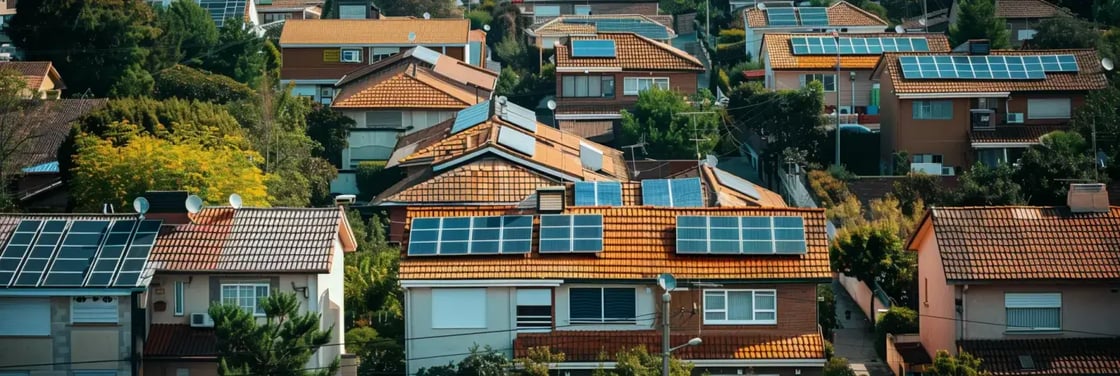Earth Week
The first Earth Day event was held on college campuses in the US on April 22, 1970. In the end, not only students but people from all walks of life joined, with as many as 20 million Americans (10% of the population!) out on the streets, protesting pollution, pesticides, and oil spills. In 1990, Earth Day went global, inspiring people from 141 countries and paving the way for the 1992 United Nations Earth Summit in Rio de Janeiro. In 2000, event organizers leveraged the power of the internet to spread the word even further. Today, Earth Day is widely recognized and observed, bringing together billions of people in the fight against climate change, for a better future and a cleaner earth.
Time for Climate Action
enspired is a certified CarbonNeutral® and paperless company. We have electric cars, use green electricity, and offer free plant-based lunch and drink options for our staff. Furthermore, we offset the personal emissions of all employees and joined sustainability campaign Climate Action.
Plant-based week
A 2018 study from Oxford University revealed that an effective way to contribute to a sustainable planet on a day-to-day basis is a plant-based diet. Livestock production systems make up an estimated 18% of global anthropogenic greenhouse gas (GHG) emissions. The main sources and types of GHG from livestock systems are:
- 25% methane production from animals
- 32% carbon dioxide (CO2) from land use and its changes
- 31% nitrous oxide (N2O) from manure and slurry management
 Source: EEA, republished by Eurostat
Source: EEA, republished by Eurostat
If you are interested in vegan and plant-based food, you can find a selection of vegan cook books for English and German speakers below:
- Zufällig vegan, Marta Dymek
- Deliciously Ella Quick Easy, Ella Mills
- More Plants Less Waste, Max La Manna
- BOSH! How to live vegan, Henry Firth & Ian Theasby
- VEGANOMICON The Ultimate Vegan Cookbook, Moskowitz & Romer
Introduction to the "Less Waste" life
Waste is the fourth largest source sector of emissions, accounting for 3% of total GHG in 2017. Waste management plays a crucial role in minimizing environmental impact. Nowadays we have recycling, and knowledge of how to use litter for energy production. Still, some packaging types and leftovers such as rotten vegetables or their peels don’t have high enough calorific value to be useful as fuel, and waste management facilities can’t recycle them. According to the Federal Waste Management Plan, Austrian households produce 4.3 million tons of junk every year, from which almost 370 thousand tons is food waste. Reusing food instead of throwing it out is a small and practical contribution everybody can turn into a habit. The rule here is simple, the less waste we produce, the less we have to manage later. By raising awareness of consumerism, we can influence ourselves and our surroundings to make sustainable choices in our lives, households, and work spaces.




